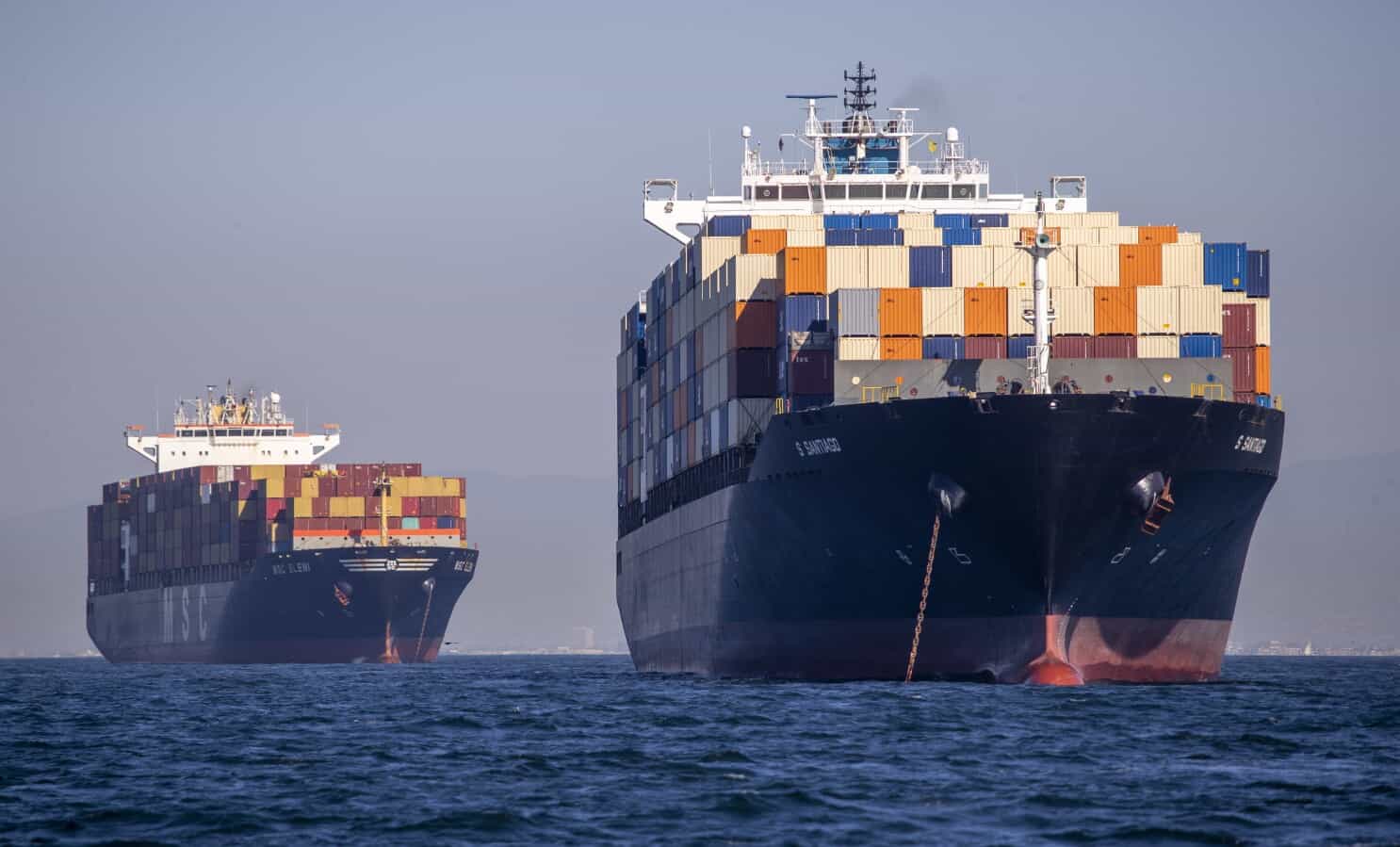The UN Conference on Trade and Development (UNCTAD) has warned that the rising shipping rates could spike global inflation by 1.5 percent in 2023, and that the smaller, trade-dependent countries could be hit badly.
The Geneva-based agency said shipping rates have increased more than fourfold over the past decade. The current price to ship a 40-foot container unit from China to the US is now 348 percent higher than the pre-pandemic average.
“If sustained, the current surge in container freight rates will significantly increase both import and consumer prices,” UNCTAD said Thursday in its annual maritime report.
The UN calculates that a global drive to vaccinate people against coronavirus can go a long way to ameliorate the current shipping crisis as it would deal a big blow to the Covid pandemic. It could then stimulate a broad-based economic recovery.
The impact of higher ocean-freight rates could hit consumers even harder in smaller, import-dependent economies that may see a 7.5 percent cumulative increase in consumer prices, according to the report.
UNCTAD expects rates for containerized goods to remain high due to continued demand, supply-side uncertainties and lingering concerns about port efficiency.
The reports also offered some policy suggestions to improve the maritime shipping environment, such as improving port infrastructure, focusing on economies of scale, addressing trade imbalances, improving trade facilitation and increasing shipping connectivity.
The UN estimates that significant structural improvements to the maritime shipping sector could reduce transport costs by about 4 percent and mitigate the impacts of future disruptions.
The upward trend in shipping volumes will gradually slow over the next four years and settle to a rate of 2.4 percent, which is slightly below the 20-year historical average of 2.9 percent, the UN said.








